Photos: Valentine’s Day celebrations around the world
The February 14 occasion is marked in many countries but traditions are often very different.
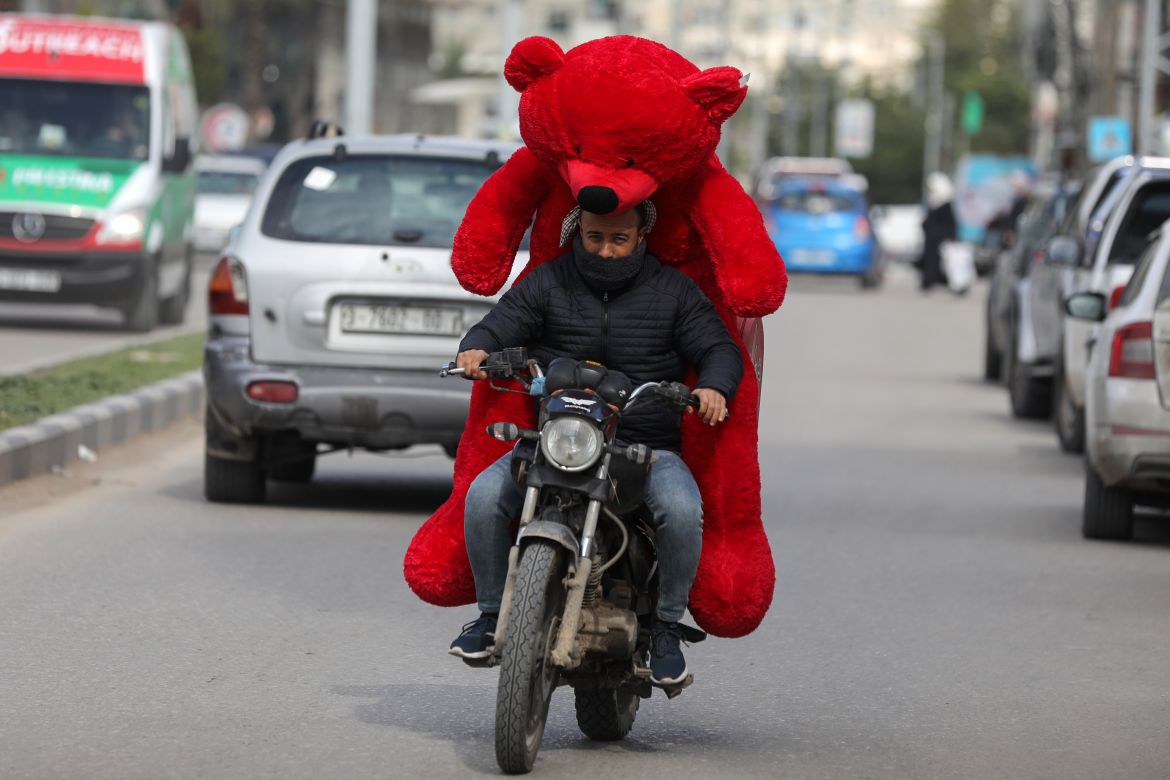
Published On 14 Feb 2023
Valentine’s Day, named after a Christian saint, may now be marked in countries around the world but traditions are often very different – and sometimes have nothing at all to do with romance.
While in Europe it is all about couples celebrating their relationship, in the United States it is as much about schoolchildren marking friendships, while in Japan women give chocolates to their bosses.
The origins of the annual February 14 occasion are shrouded in mystery but the day is, of course, associated with the cult of Roman Christian martyr Saint Valentine, who lived in the third century AD.
He literally lost his head over love – decapitated on the orders of Emperor Claudius II, they say, for secretly performing weddings. According to the legend, Valentine cured his jailer’s blind daughter and the day before his death slipped her a note signed “Your Valentine”.
In England, the exchange of messages known as “Valentines” on February 14 developed with the rise of the postal service in the 19th century, with the sender often signing off “Your Valentine”.
The celebration took a commercial turn in the mid-19th century in the US, with the invention of mass-produced greeting cards. Promoters quickly got the idea to extend the “tradition” beyond lovers, with schoolchildren often expected to bring a Valentine card for every one of their classmates.
Today it has become a $20bn business.
The Japanese Valentine tradition began after World War II when confectionery makers came up with the idea of having women offer chocolates to their bosses and boyfriends on February 14.
A half-century later, the practice has become an annual ritual, with millions of Japanese women giving pralines or ganaches to show affection, friendship or professional respect.
But elsewhere, the holiday – a relatively recent import from the West – often clashes with conservative cultural forces as well as anti-capitalist sentiment in parts of society.
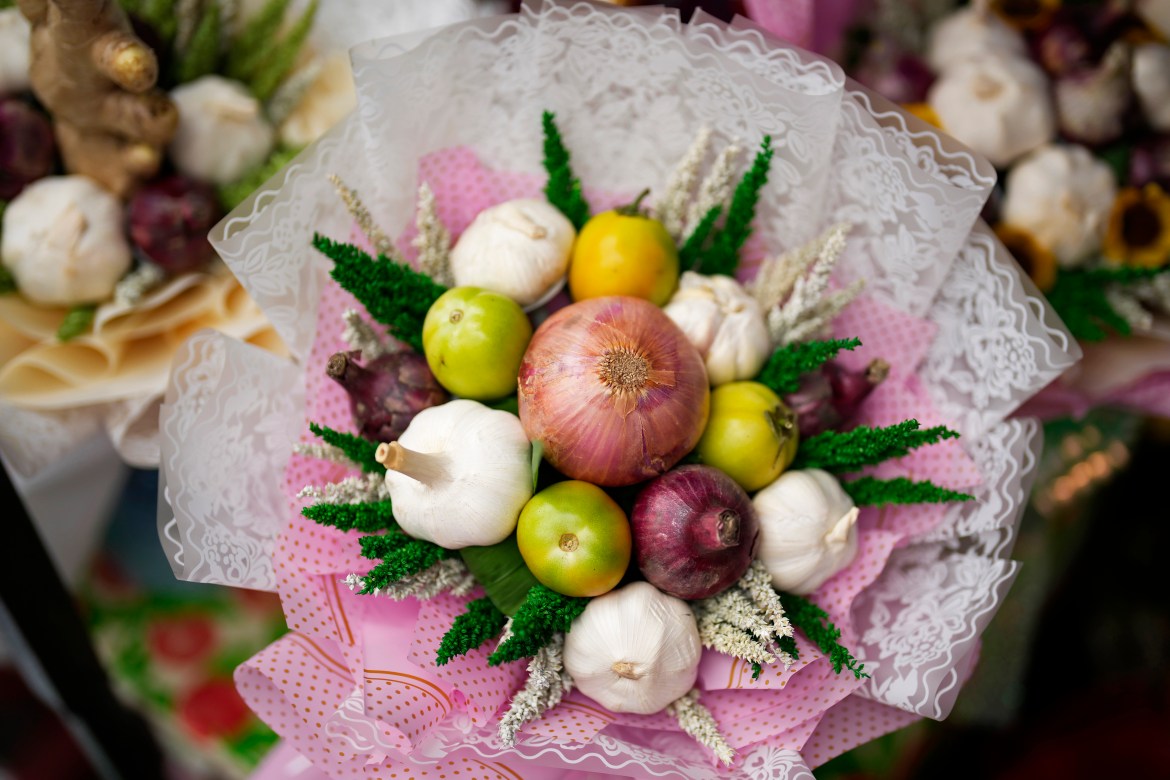

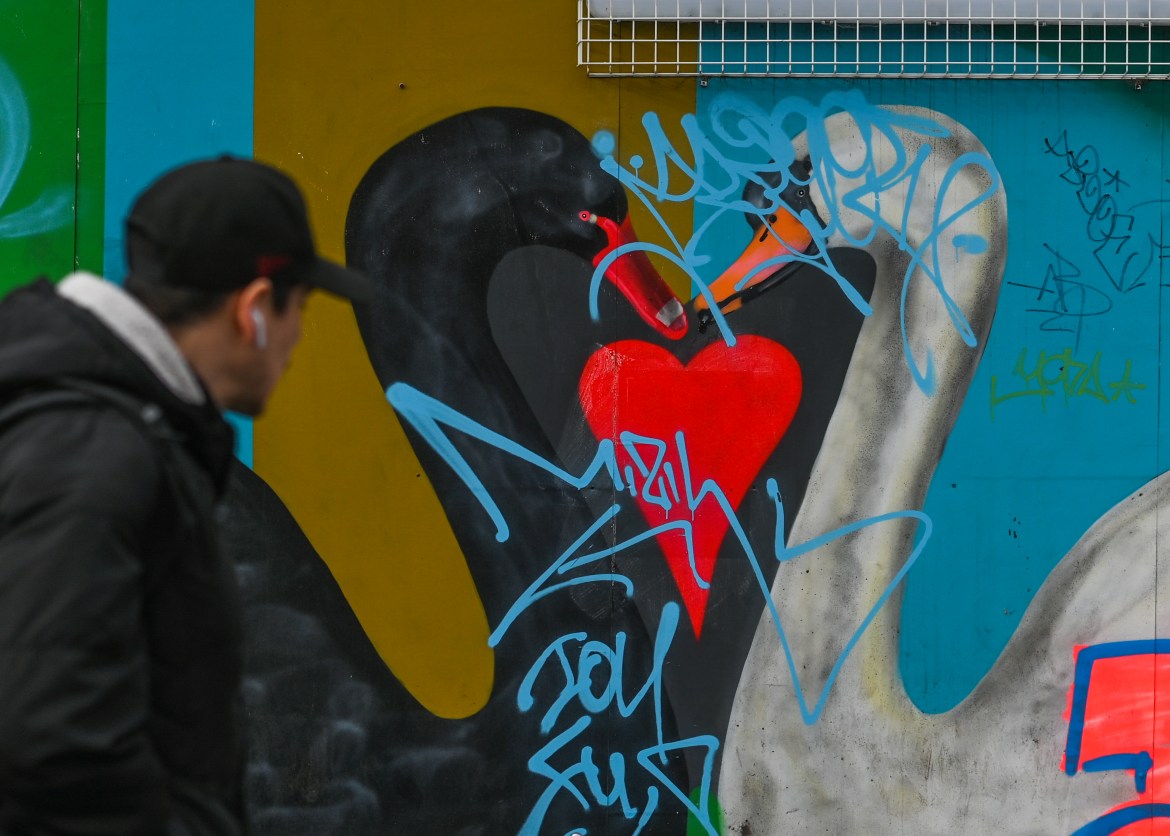
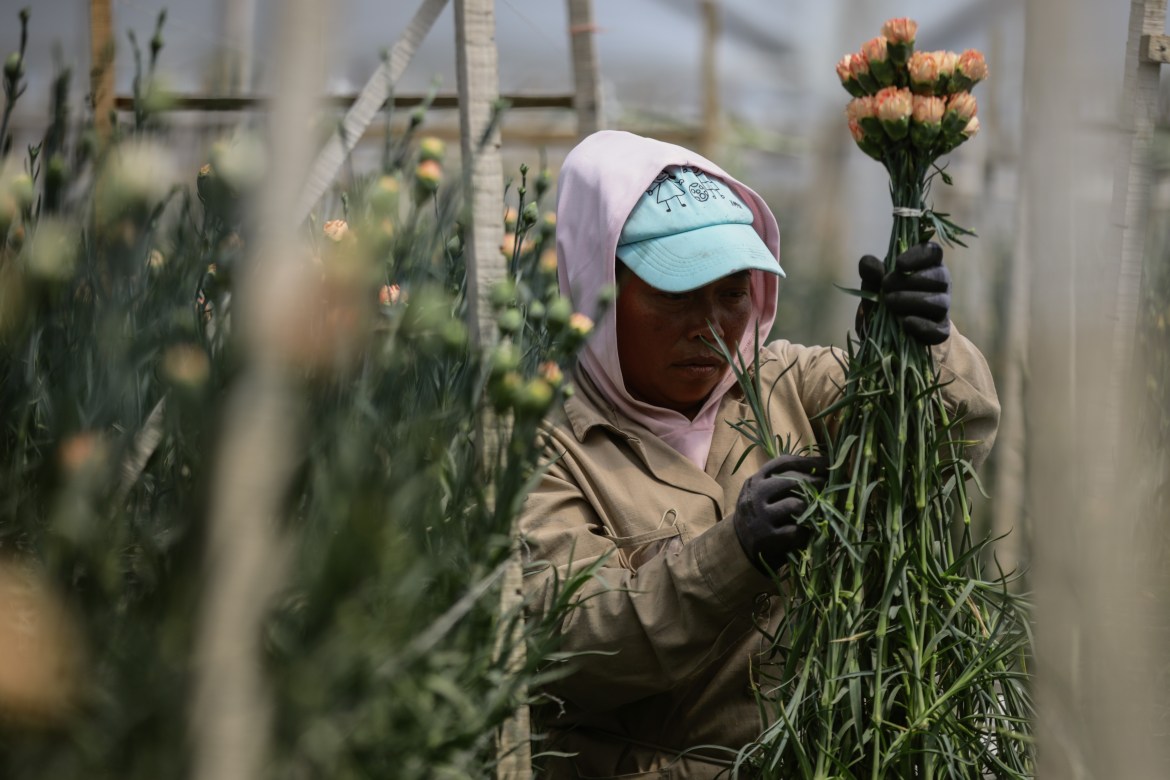



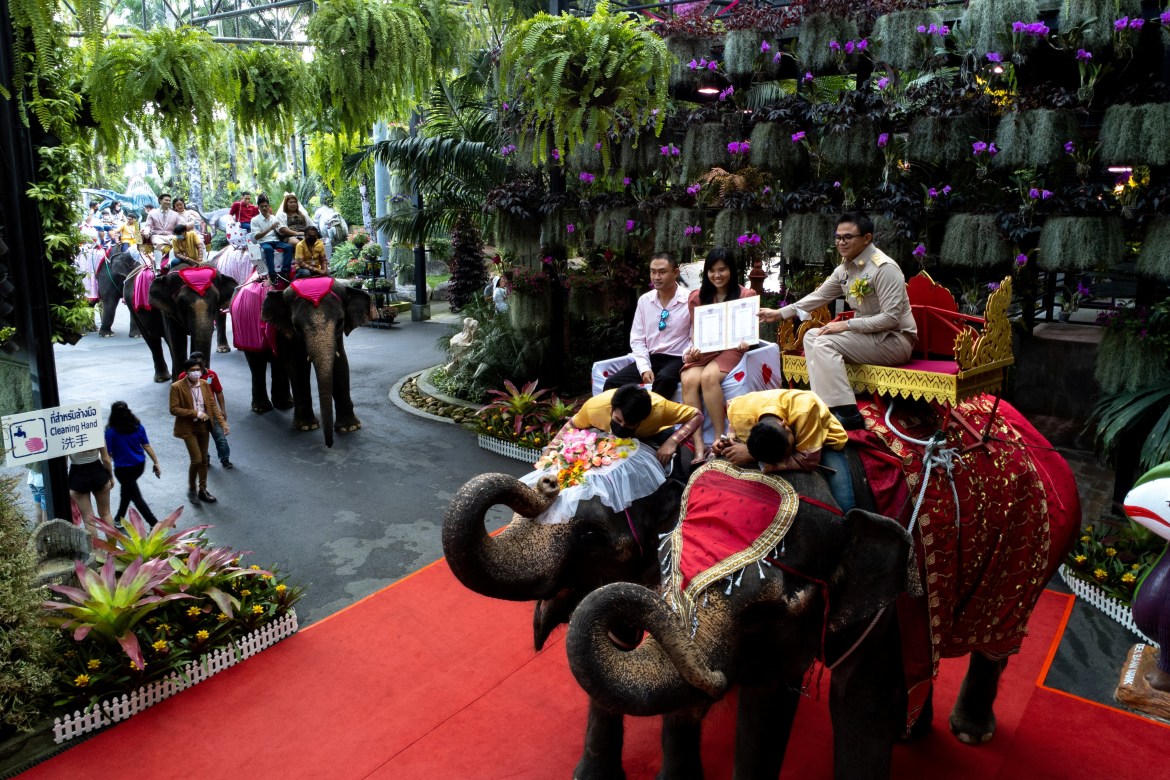
Kabul florists heartbroken over Taliban Valentine's Day ban
Florists with wilting bouquets of red roses and street vendors clutching unsold balloons were heartbroken in the Afghan capital on Tuesday after the Taliban's morality police banned Valentine's Day celebrations.
While Valentine's Day has never been widely celebrated in Afghanistan, some well-off residents in cities have developed a tradition of marking the lovers' day in recent years.
In Kabul's famed Flower Street, shops were full of heart-shaped garlands and red stuffed animals, but hopelessly empty of customers.
In the window of one outlet, a poster signed off by the Ministry for the Promotion of Virtue and Prevention of Vice warned shoppers: "Avoid celebrating lovers' day!"
The poster said Valentine's Day "is not Islamic and is not part of the Afghan culture but a sloganeering day of the infidels".
"Celebrating the day of lovers is showing sympathy to the Christian Pope," it read.
Officers from the ministry patrolled the area in their white uniforms, trailed by an armed escort, an AFP correspondent reported.
Kneeling in front of his shop, Omar -- who did not share his surname -- pruned thorns and withered petals from his stock of flowers.
"[The Taliban authorities] published and distributed their order to every shop," he told AFP.
"I don't think I could sell these flowers today, people aren't buying," he said.
"You can see we have no customers -- the situation is very bad."
An AFP reporter saw a young couple furtively buy flowers and quickly leave the scene when they saw the morality police patrol.
"The situation has changed -- we can't celebrate it like other years," said browsing shopper Zahrah, married for seven years.
"But we do celebrate it. There are some restrictions and the situation is not good, but we celebrate it at home."
The vice ministry could not be reached for comment on the exact nature of the ban.
The Taliban authorities have issued various restrictions on social life in the country since they came to power in August 2021.
Music, social media apps and video games have all come under scrutiny by the ultra-conservative government.
The authorities have particularly cracked down on Afghan women, effectively squeezing them out of public life.
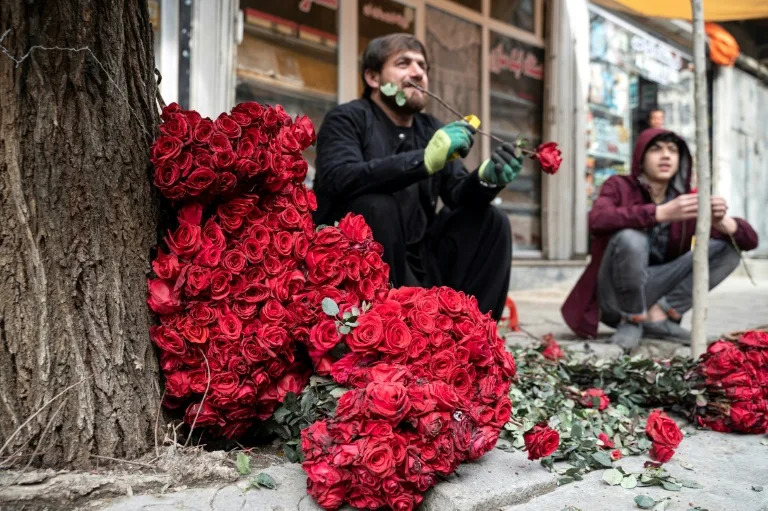


No comments:
Post a Comment